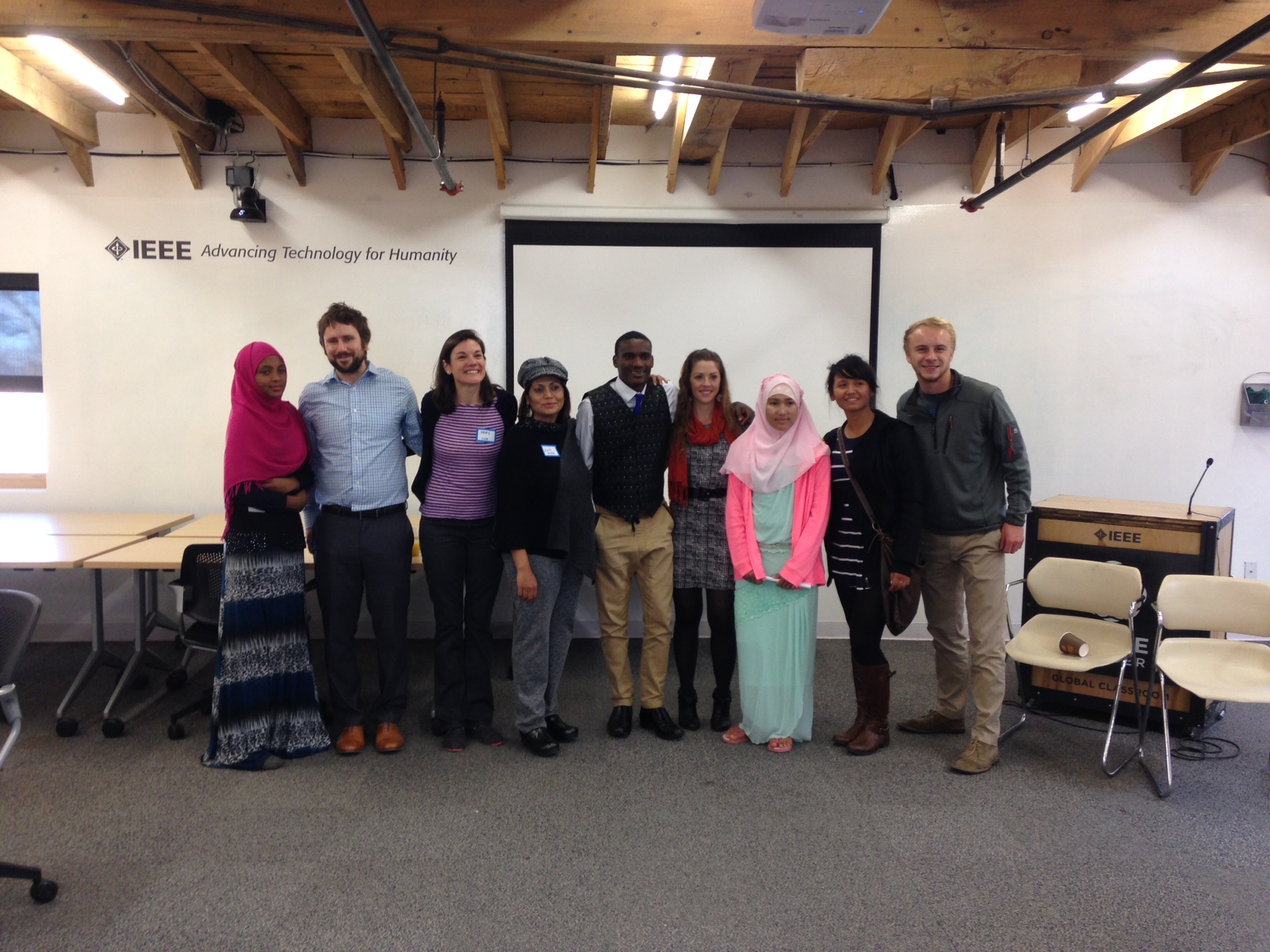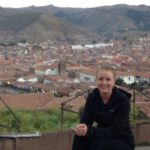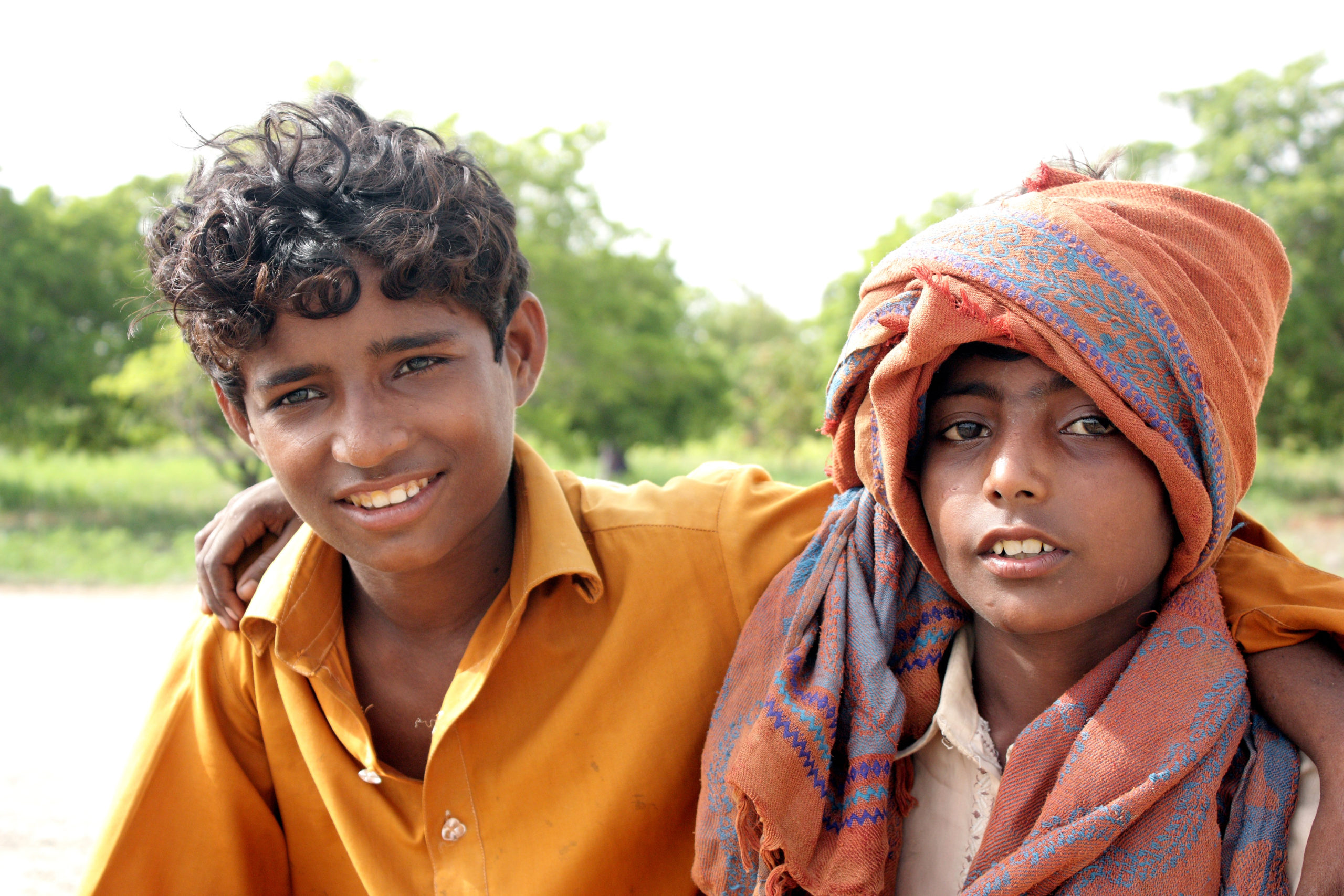
In October, I wrote an article about a non-profit organization serving the growing number of refugee, asylee, and immigrant youth in Greeley, CO called Soccer Without Borders. In the couple of months since that article was published, the conversation regarding refugee resettlement has come to a head in the wake of the November Paris attacks and a Syrian passport found lying next to one of the attackers. During this time of misinformation and fear, Soccer Without Borders decided to host a round-table discussion for the Colorado community as a way to take back the conversation and shed light on some of the positive refugee resettlement stories unfolding closer to home.
Globally, there are more than 59.4 million displaced persons, 51 percent of which are children under the age of 18. In 2015, the United States resettled 70,000 refugees. In 2016, that cap has been raised to 85,000 refugees. As the number of displaced persons continues to climb, it’s important that the effective programs and support are in place to help them. That is the conversation Soccer Without Borders set out to initiate at their event in Denver on December 11, the first of many discussions to come.
Local soccer coaches, community leaders, refugee coordinators, former Soccer Without Borders volunteers, and even a few of the Soccer Without Borders players and alumna came together for the event. Among the crowd was Brenda Herrera Moreno, the Youth Program Coordinator at Denver’s African Community Center (ACC). She shared how youth refugees have very different needs than adult refugees. Whereas, the adults need support in the areas of job placement, English language learning, and skills training, newcomer youth require support period. Almost as soon as they arrive, they find they are sitting in a foreign school classroom in a city that they’ve only just realized is their new home for possibly forever and surrounded by people who they can’t yet understand or communicate with.
What Soccer Without Borders, the ACC, and countless other organizations have found is that what youth refugees truly crave is a community in which they feel understood and supported, a place that they can go where they feel like they belong. It’s easy for youth refugees to feel like the outsider while they’re still learning English. Going to school can feel isolating and defeating but if there’s a community for them outside of school where they can connect with people who have gone through what they’re going through or find the support from dedicated people who are there for them every step of the way, they are able to excel in ways unprecedented in their families.
Mohamed Abdi, a refugee from Ethiopia, is a freshman at the Early College Academy in Greeley, CO. At the end of four years he will receive not only his high school diploma but his Associate’s Degree as well, making him the first in his family to graduate both high school and college. His dream is to one day attend medical school and become a doctor and when he’s older and married with kids, he’d like to return to Ethiopia and show his family where he grew up, even if the haunting memories of trucks with missiles and men carrying machine guns flood back. Ethiopia is home. He left Ethiopia when he was 10 years old. Today, he’s on the fast track to a college degree, has been an active participant in Soccer Without Borders for five years now, and can confidently and articulately share his story with a room full of adults in a language that is not his first, or even his second.
Mohamed’s inspiring story is just one of the four player experiences shared at the event. A common theme in every story told was the sense of family they’ve found in Soccer Without Borders. Rosi Marbee, a refugee from Thailand who also bravely shared her story with the group, talked about how at first she couldn’t believe it was possible to become so close with people of so many different skin colors and backgrounds, but she had. They have become her family.
Essentially, that’s what it boils down to; Refugee youth just simply need a safe place to belong. They’ve been displaced from everything they ever knew, their language, their home, their friends, their family and they’ve been thrust into a new life. It can feel a lot like starting from scratch. If you’re looking for ways to help the growing refugee population, consider starting with the organizations local to you who are creating a community of support for newcomer refugees. Their existence makes a world of difference.
Refugee Support Programs:
Soccer Without Borders has programs in four U.S. cities, Nicaragua, and Uganda.
The ACC operates under the larger Ethiopian Community Development Council (ECDC) based in Washington D.C. The ECDC has offices and affiliates in cities across the United States. You can find a full list of where they work here.
There are also a number of Lutheran-based refugee services across the United States. In Colorado, it’s called Lutheran Family Services (LFS). They serve refugees in Denver, Colorado Springs, Fort Collins, Greeley/Evans and Fort Morgan, CO, as well as Albuquerque, NM, Wyoming, Montana and Western Nebraska.
The Office of Refugee Resettlement under the U.S. Department of Health and Human Services has a great tool to find programs in your state.
Feature photo Farmer Brothers via Shutterstock
About the Writer
 Amber Dunlap is an aspiring travel writer from Colorado dipping her toes into the profession here at The Culture-ist. Currently, she is prepping for a year abroad in Peru where she hopes to pick up the Spanish language, dive into the local culture, draw inspiration for her writing, and most importantly stretch her comfort zone to new depths. She’s an explorer and an adventurer, finding her bliss when in new places, under new roofs, and humbled by nature. Writing is her tool for processing and inspiring others to get out there and engage in this beautiful world. Find her on Twitter @Amber_Dunlap.
Amber Dunlap is an aspiring travel writer from Colorado dipping her toes into the profession here at The Culture-ist. Currently, she is prepping for a year abroad in Peru where she hopes to pick up the Spanish language, dive into the local culture, draw inspiration for her writing, and most importantly stretch her comfort zone to new depths. She’s an explorer and an adventurer, finding her bliss when in new places, under new roofs, and humbled by nature. Writing is her tool for processing and inspiring others to get out there and engage in this beautiful world. Find her on Twitter @Amber_Dunlap.



